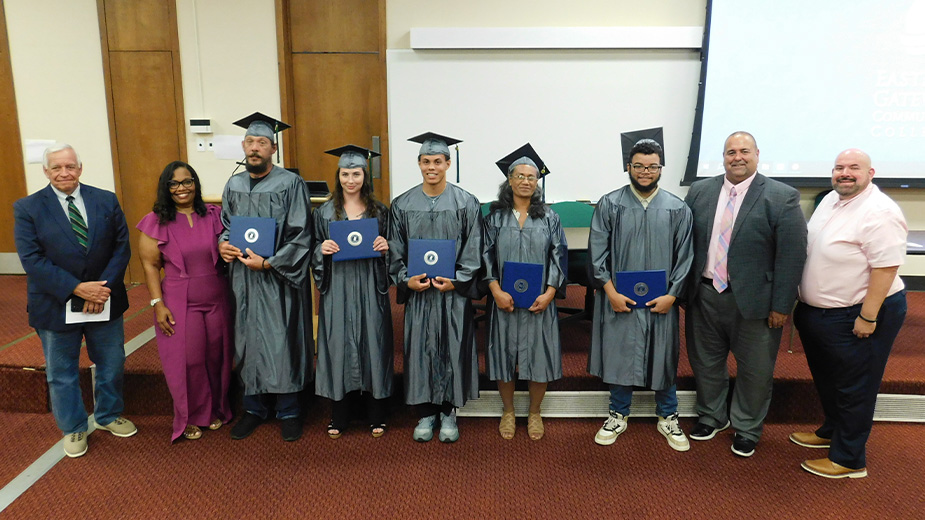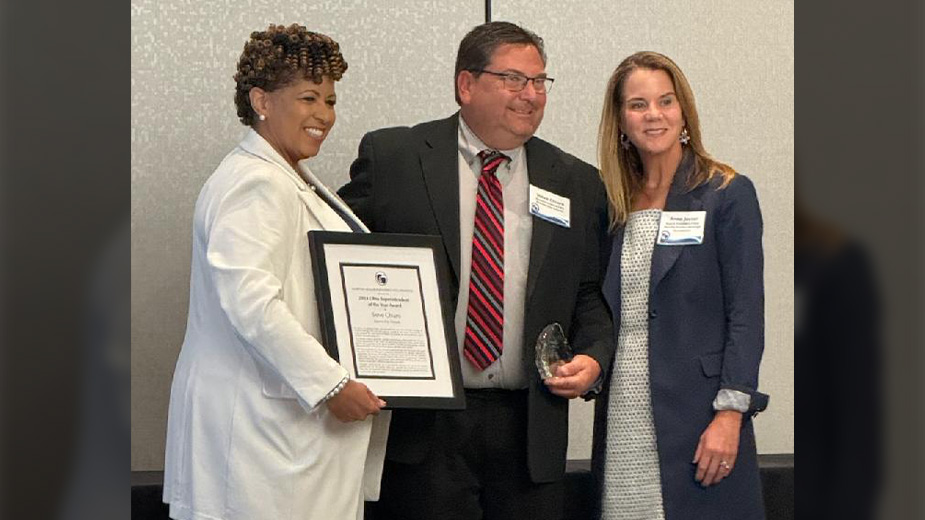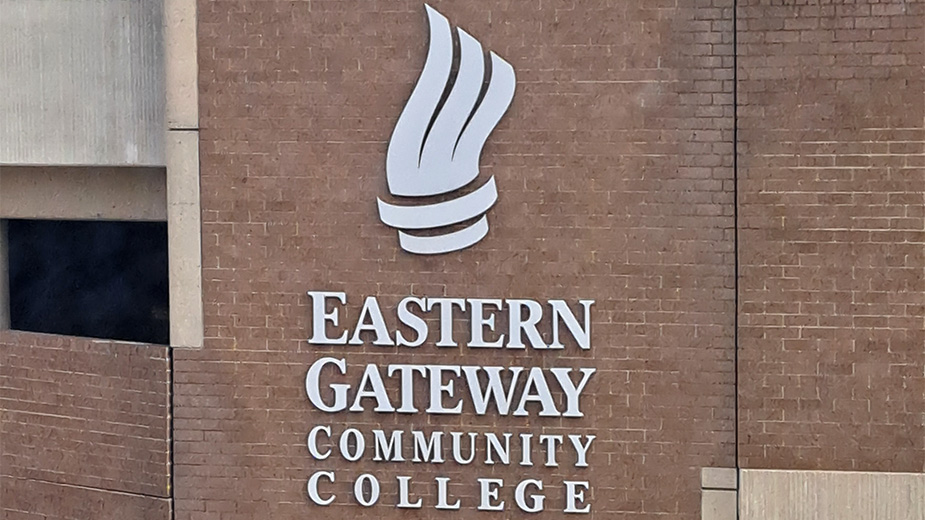With $1.1M Donation, YSU Welcomes ‘Classrooms of the Future’
YOUNGSTOWN, Ohio – With a $1.1 million donation from Dr. Chander M. Kohli and his wife, Karen, Youngstown State University will add 18 ‘Classrooms of the Future’ as part of its $100 million We See Tomorrow fundraising campaign. It’s something that Dr. Kohli said would make his son very proud.
Aneal Mohan Kohli spent a year at YSU studying videography before enrolling at The Art Institute of Pittsburgh. He had a passion for videography and technology, Kohli said. Ten years ago, Aneal died from hemophilia at 31 years old.
“He was a master of technology,” Kohli said. “He gave me so much inspiration to do things in the name of technology. I’m sure from heaven he’s looking over us and he’s happy that we are doing something to advance the technology for the students and the university.”
Thursday afternoon, YSU faculty, staff and students joined President Jim Tressel and the Kohlis at the Beeghly College of Education to announce the donation.
“This will bring to us the latest in learning and teaching technology,” Tressel said. “We thank Chander and Karen for their continued support of YSU, our students and the entire Mahoning Valley community.”
The ‘Classrooms of the Future’ will employ Cisco Spark stations, a cloud-based virtual learning environment with wireless presentation, white-boarding and video conferencing. As today’s students learn from multiple sources, including tablets and smartphones, Cisco Spark allows professors to go beyond the traditional classroom said YSU’s chief information officer, Jim Yukech.
 The Cisco Spark stations will allow students attend classes taught by professors around the world.
The Cisco Spark stations will allow students attend classes taught by professors around the world.
“It expands [the classroom] to beyond the four walls of the classroom so that students can learn anywhere,” Yukech said. “And that’s what our students are used to.”
This will allow YSU to increase its online class offerings and enhance student experience by using video lectures and conferencing to allow professors to “teach students that are not physically located in this room,” he said. Professors can teach students who are “as close as a dorm room or as far away as another country.” It also goes the other way, he said.
“It could, say, take this limited classroom of a small group of individuals and bring in a professor from anywhere in the world to teach that small class,” he said.
As an example, he cited students interested in learning Mandarin Chinese could do so from a professor in China. While the ideal situation would be for YSU to hire that professor, the volume of classes and students interested in that topic don’t justify bringing the professor to the university, he said. But with Cisco Spark, YSU can offer classes on specific topics to limited class sizes of about 20 to 30 students each semester. However he doesn’t think that will be the primary use, he said.
“I’ve got 25 or 30 students here, but I have another 40 or 50 that want to take that class who are sitting in rural Ohio somewhere and can take that class and get college credit for that class sitting from their home,” he said.
A live demonstration of Cisco Spark connected Yukech and attendees with Lance Ford, an education advocate for Cisco. Ford spoke to those gathered from his location in rural Oklahoma and fielded questions from Yukech. As Ford spoke, the device’s camera automatically tracked his movements. A second monitor displayed Ford’s whiteboard so viewers could clearly see what he was working on.
Cisco Spark will be rolled out in YSU’s colleges this summer. The technology group will work with the deans to come up with use cases for each college, he said. Additionally, the technology will have a dedicated pipeline for access, so regardless of the outcome of the national debate over net neutrality, the service will not be affected, he said.
In 2011 and 2016, the Kohlis made two similar contributions of $500,000 each to support academic technology and online course materials at the Northeast Ohio Medical University and to create the Aneal Mohan Kohli Academic Technology Endowment there. Dr. Kohli, who is the longest serving member of NEOMED’s board of trustees and served as chairman from 2013 to 2015, said he has met with students on campus who have thanked him personally for creating the opportunity to learn through technology.
“I thought that would be a good opportunity for YSU,” he said. “I was on the YSU board several years ago and I would like to see the same thing happening over here.”
As more students are engaging with their mobile devices and are more attuned to them than the traditional classroom, Kohli recognizes the need to invest in technologies like Cisco Spark.
“If they’re attuned to that, that technology will help them to learn faster,” he said. “Moreover, it is not only confined to what the professor is saying, but also all around from other places they can get the information which otherwise was not available in the classroom.”
Kohli served in the Indian armed forces as a general duty medical officer and in 1966 came to the United States for a surgical residency at Elyria Memorial Hospital. Since 1972, he has operated a private neurosurgical practice in Youngstown. Karen Kohli practiced as a nurse for many years and has remained active in working with several health care centers and initiatives.
More than $50 million has been raised for the We See Tomorrow fundraising campaign, YSU’s largest in its 109-year history. Visit www.ysufoundation.org for more information.
Pictured: Dr. Chander and Karen Kohli donated $1.1M to YSU for the installation of Cisco Spark stations.
Copyright 2024 The Business Journal, Youngstown, Ohio.



